As the world of work continues to evolve, so do the spaces in which we conduct business. Recent trends in office interiors reflect shifts in how companies approach productivity, collaboration, and employee well-being. With a renewed focus on returning to in-person work, the rise of co-working spaces, and the innovative practice of adaptive reuse for offices and warehouses, Designhaus Architecture is at the forefront of designing innovative and practical workspaces.
Returning to In-Person Work
The transition back to in-person work has prompted a reevaluation of office design. Companies are recognizing the importance of creating welcoming and flexible environments that cater to the diverse needs of their employees. Key trends include:
- Biophilic Design: Integrating natural elements, such as plants and natural light, to enhance employee well-being and productivity.
- Hybrid Workspaces: Designing adaptable spaces that accommodate both in-person and remote work, with areas for collaboration and quiet work.
- Health and Safety: Implementing design features that prioritize health, such as improved ventilation systems and touchless technology.
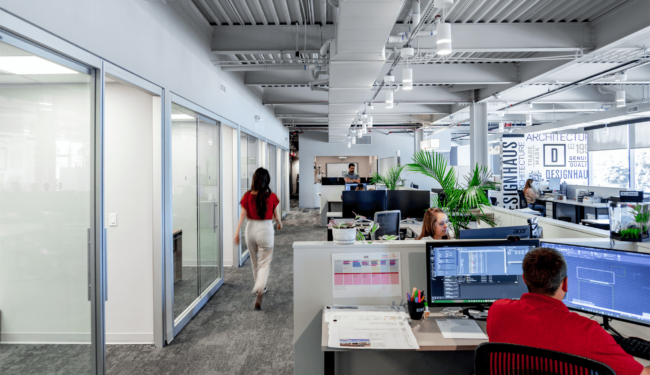

The Rise of Co-Working Spaces
Co-working spaces have gained popularity as flexible, cost-effective solutions for individuals and businesses seeking dynamic work environments. These spaces are designed to foster community and collaboration, featuring:
- Open Layouts: Encouraging interaction and networking among diverse groups of professionals.
- Amenity-Rich Environments: Offering a variety of services, such as coffee bars, fitness centers, and event spaces, to enhance the work experience.
- Scalable Options: Providing flexibility for businesses to grow or contract as needed, without the long-term commitment of a traditional lease.
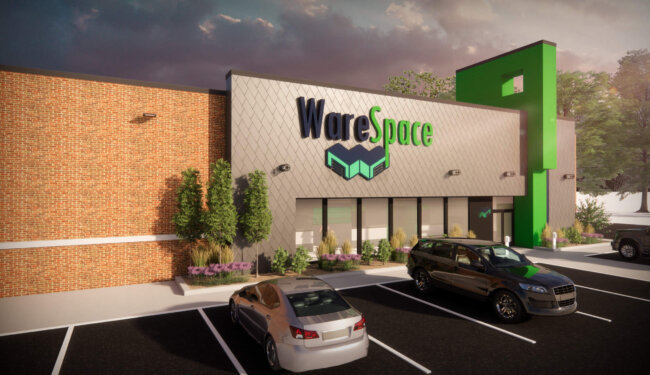
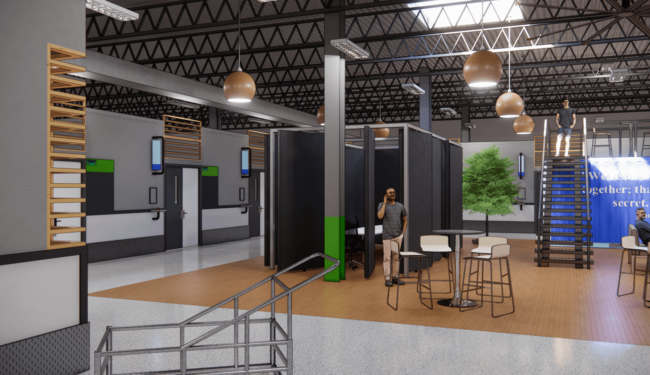
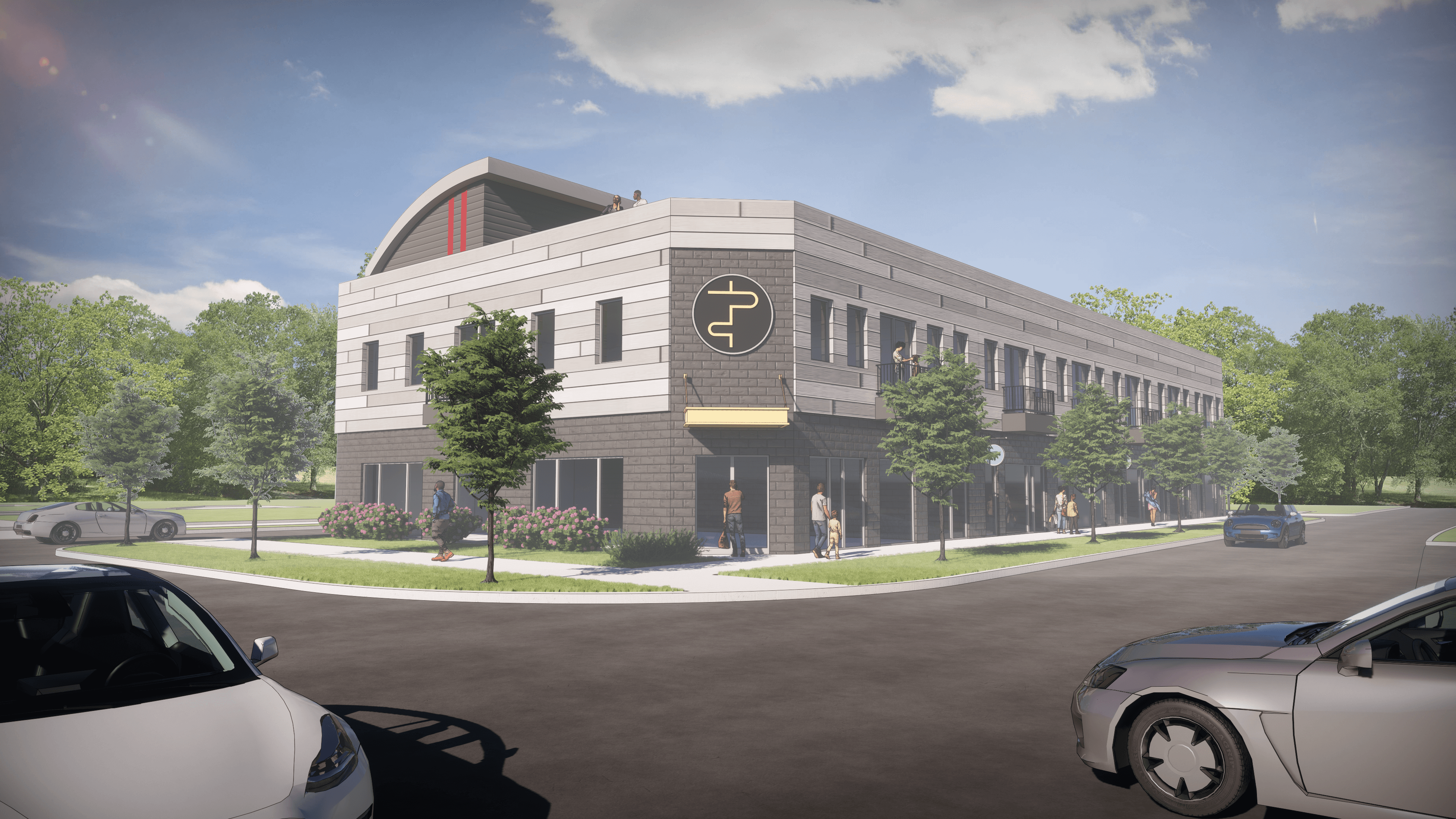
Adaptive Reuse for Offices and Warehouses
Adaptive reuse has emerged as a sustainable and innovative approach to office design, transforming existing buildings into functional and aesthetically pleasing workspaces. This trend offers several benefits:
- Sustainability: Reducing the environmental impact by repurposing existing structures rather than building anew.
- Preservation of History: Retaining the unique character and architectural features of older buildings, which can add charm and identity to office spaces
- Cost Efficiency: Often more economical than new construction, adaptive reuse can provide creative and cost-effective solutions for businesses
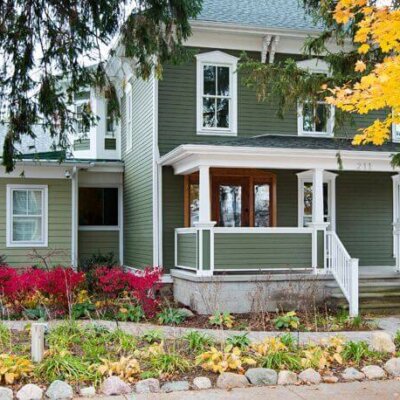
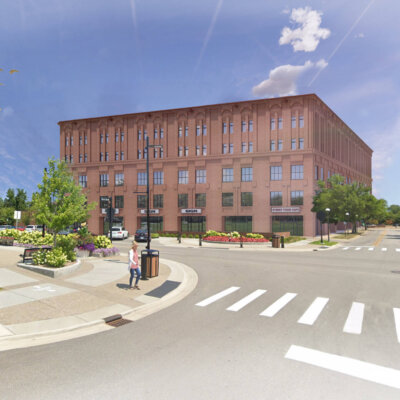
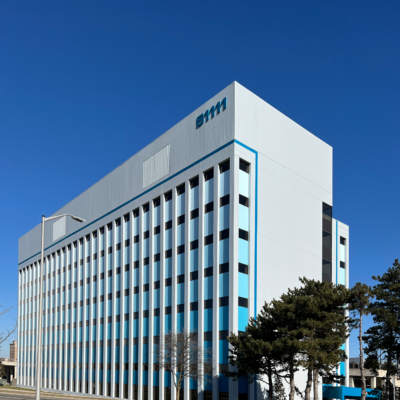
The culture of workspaces is undergoing a significant transformation, driven by changing work habits and societal expectations. By embracing recent trends, such as the shift back to in-person work, the rise of co-working spaces, and the practice of adaptive reuse, Designhaus Architecture strives to create environments that are not only functional but also inspiring.
